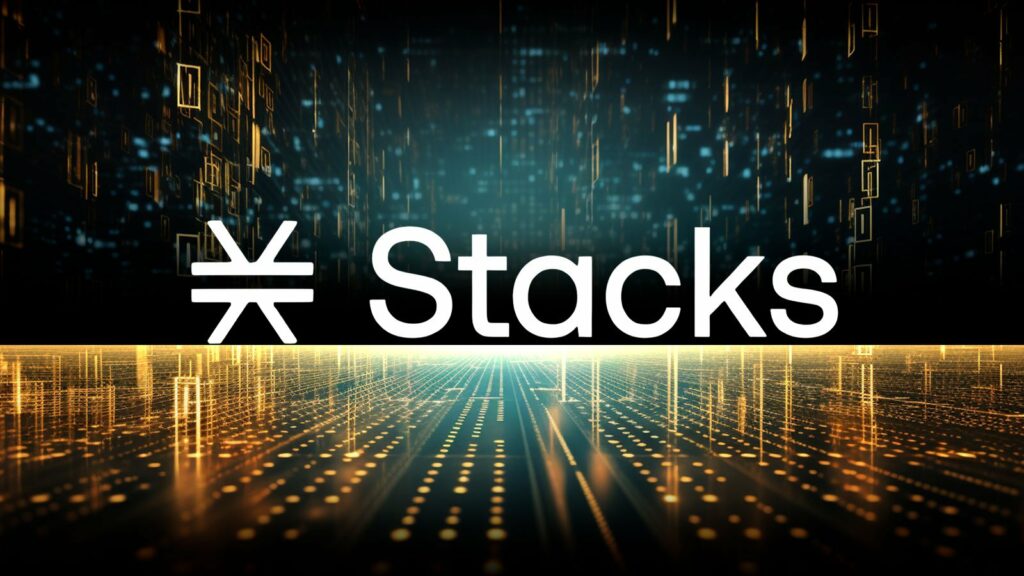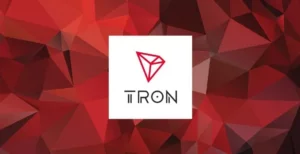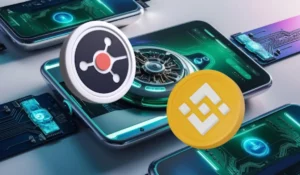
sBTC Kicks Off on Stacks Mainnet: A Game-Changer for the Bitcoin Ecosystem
In a significant milestone for the cryptocurrency market, sBTC has officially gone live on the Stacks mainnet. This development marks a crucial step forward in the evolution of the DeFi-on-Bitcoin ecosystem, as sBTC unlocks new possibilities and opens doors to innovative use cases.
As announced earlier, the initial phase of the mainnet launch introduces deposit-only functionality and a 1,000 BTC cap. These limitations are designed to provide liquidity for developers to utilize sBTC and facilitate further integrations with institutional custodians and additional partners. This cap will gradually increase as withdrawals become available in Q1 2025 and the protocol progresses towards a fully open, permissionless signer set.
In a statement, [Labs] highlighted the immense potential of sBTC, stating that it has transformed Bitcoin into an extremely capable asset beyond being a store of value. With this technology, BTC can now be utilized across decentralized applications (dApps) and DeFi protocols, unleashing a vast array of new opportunities for users.
As part of the rewards program, early depositors will receive up to 5% APY in Bitcoin (BTC), further incentivizing the adoption of sBTC. This feature is set to encourage early participation and foster the growth of the ecosystem.
The significance of this event cannot be overstated. The integration of sBTC on the Stacks mainnet paves the way for institutional investors, exchanges, and other market participants to engage with Bitcoin in a more comprehensive manner. It also enables the creation of innovative dApps and DeFi protocols that can utilize the power and security of the Bitcoin blockchain.
In conclusion, this event marks a crucial moment in the development of the Bitcoin ecosystem. The potential benefits are undeniable, as sBTC opens doors to new use cases, fosters innovation, and increases the adoption of Bitcoin beyond its traditional store-of-value function.
Stay tuned for further updates on this groundbreaking technology!
Source: u.today


